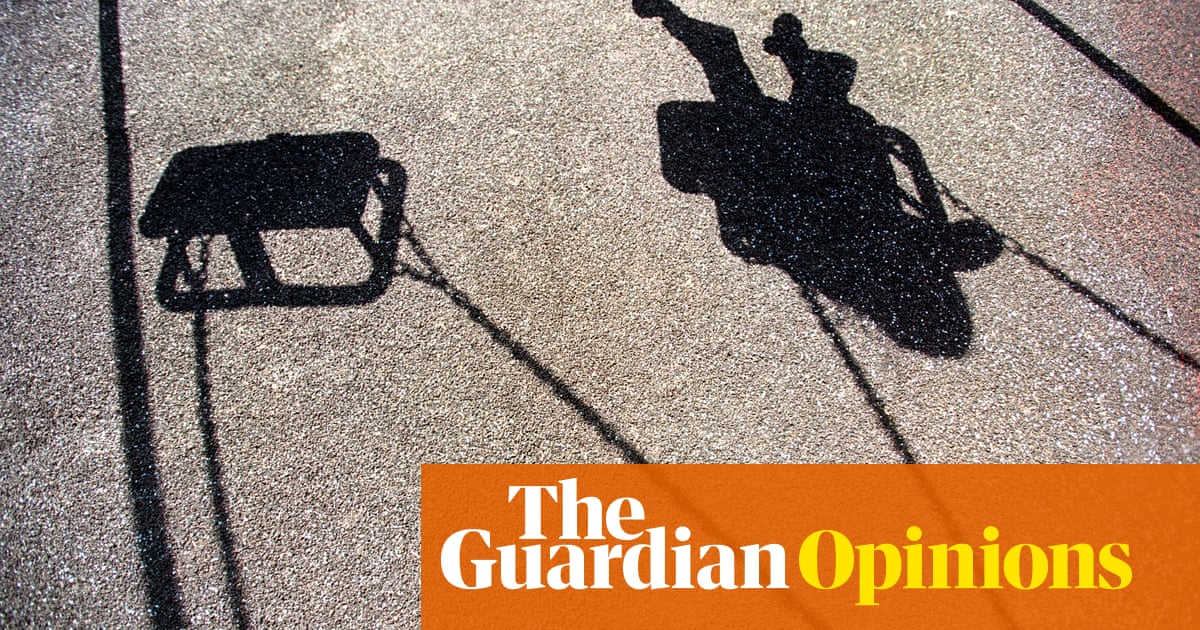
think about Jennifer Lawrence a lot. Specifically, I think about her phobia of singing in public, which she once called her “biggest fear in the entire world.” Despite the fact she is actually a good singer who managed to pull off a tune in the Hunger Games, this fear makes total sense to me: an objectively not bad but not good singer.
Historically, I, too, would rather jump off a 40-foot cliff than have my singing voice heard by most people. Which is funny, because I also love to sing, at a very high volume.
Plunging ahead in a car, volume turned all the way up, belting whatever staple song until I’m hoarse is one of my few actual hobbies. “Surely all this counts as training?” I thought for literally a decade without doing anything to better my voice. I hid under the sound of Taylor Swift tracks turned up just loud enough that I couldn’t actually hear myself, assuming my raw talent could be coached into a passable singing voice.
With plenty of time quarantining in Ohio with my parents and a friend of a friend teaching lessons online, I decided to actually attempt better singing.
Singing, to be clear, can be taught, in so much as someone can learn how to reach different notes, practice proper breath control and steady their pitch.
But the first time I tried to sing for my lesson over a Whatsapp call, I stumbled and panicked, feeling detached from my body. Surely this warbly sound wasn’t me? Listening to myself trying to sound like Stevie Nicks and coming out like Rebecca Black was like forgetting to mute your mic on a Zoom meeting and getting caught having a private conversation — too loud, ungainly, nowhere to hide. Where’s the exit to crawl out of my skin?
My whole life I had convinced myself I could sing without ever having the nerve to try when someone could actually hear. Now, committing to actually learning – singing in front of an experienced teacher, no volume dial to hide behind – I felt exposed.
But I was also excited. Although the promise of sounding like my idols quickly seemed remote, the structure of my lessons – clear exercises with no final performance and boundaries on my porous quarantine time – offered possibility: the destination of my singing ability was unknown, but at least it could not get worse.
The first half of our hour-long lessons consisted of exercises that seemed like easy steps: ollowing a command, repeating simple syllables down and up the scale. Guided by a piano, it doesn’t matter if your voice has the honeyed depth of Dua Lipa or the crystalline precision of Kacey Musgraves – tone, body, and experience are all second to hitting the note, which, with a little practice, is reasonably achievable.
But after four months of lessons, I’ve given up my quarantine fantasy of pulling a Lizzie McGuire and having a magic reveal of my singing talent in front of thousands. My pitch is patchwork at best. I often forget to breathe. I overthink each note. But I still call in each week, practice my cues to breathe, and learn to sing lyrics I’ve known for years with all the air I can muster.
There’s a strange bliss in pushing through the anxiety to sound unpolished and in working with what I’ve got (which apparently does not include low-register notes). At this point, I assume I will never have a shut-the-joint-down karaoke moment, but I’ve found joy in the smallness of one-on-one lessons: building comfort in my own loudness, rejecting “good” as an endpoint. The mere act of trying anyway and these weekly discoveries that come along with it are, unfortunately for my neighbors, more than enough.












